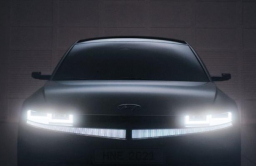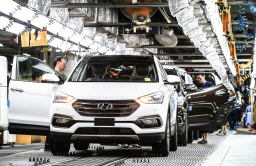-
KOSPI 2812.05 +41.21 +1.49%
-
KOSDAQ 756.23 +6.02 +0.80%
-
KOSPI200 376.54 +6.64 +1.80%
-
USD/KRW 1373 3.00 -0.22%
Hyundai, Kia sign power chip supply, tech tie-up deal with Infineon
Automobiles
Hyundai, Kia sign power chip supply, tech tie-up deal with Infineon
The multiyear supply deal comes as the Korean carmakers are striving to advance their electrification technology
By
Oct 18, 2023 (Gmt+09:00)
2
Min read
News+
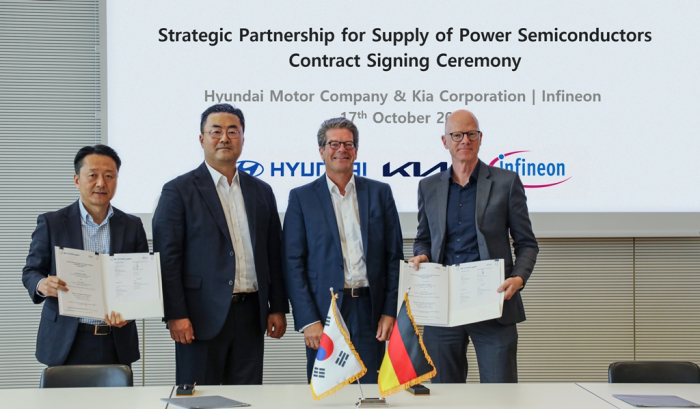
South Korea’s top automaker Hyundai Motor Group has formed a strategic partnership with German chipmaker Infineon Technologies AG to secure a stable procurement of power chips and jointly enhance electric vehicle performance.
The two partners on Tuesday signed an agreement at Infineon’s headquarters in Munich, attended by Hyundai’s Global Strategy Officer (GSO) Kim Heung-soo, Infineon's Automotive Division President Peter Schiefer, and other executives.
Infineon, the world’s No. 1 automotive chipmaker, will build and reserve manufacturing capacity to supply silicon carbide and silicon power modules and chips to Hyundai Motor Co. and sister firm Kia Corp. until 2030 for use in the two Korean carmakers’ electric and hybrid vehicles.
In return, Hyundai and Kia will support the project with financial contributions.
Under the agreement, Hyundai and Kia will also collaborate with Infineon to improve the power performance of their electric and hybrid models, the Korean companies said.
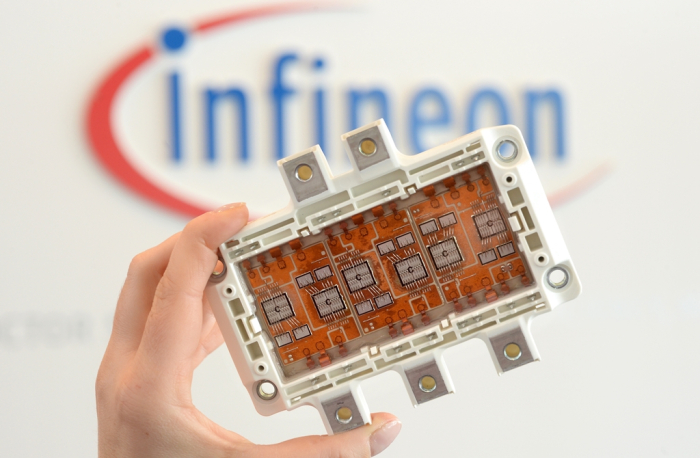
AUTO POWER CHIP LEADER
Infineon is the global leader in automotive power chips, including microcontrollers (MCUs), sensor semiconductors and industrial power semiconductors.
Power semiconductors play a crucial role in eco-friendly vehicles by converting, controlling and distributing power, thereby extending the battery use time and reducing power consumption.
Manufacturing such chips has a high technological entry barrier and requires customized designs for each vehicle type, making the supply of those chips limited.
Hyundai Motor Group said the multiyear supply deal with Infineon will help ease its concerns over a potential supply shortage with the recent expansion of the global electric vehicle market.
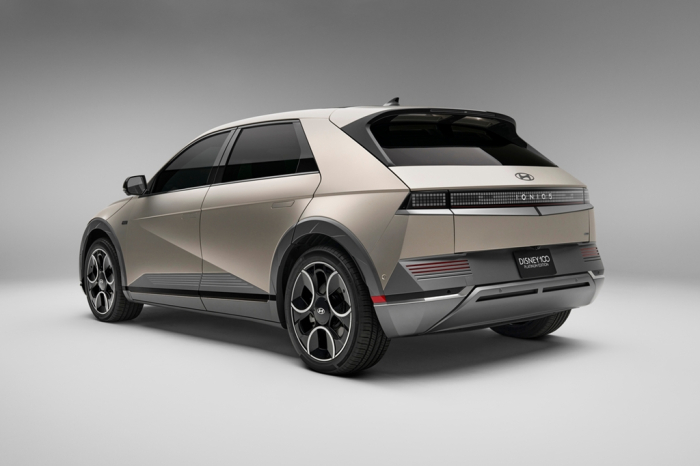
“Infineon stands as a valued strategic partner, boasting steadfast production capabilities and distinct technological prowess within the power semiconductor market,” said Hyundai GSO Kim.
“This partnership not only empowers Hyundai Motor and Kia to stabilize its semiconductor supply but also positions us to solidify our leadership in the global EV market, underpinned by our competitive product lineups.”
DECADES-LONG PARTNERSHIP
Hyundai and Kia began sourcing sensor chips from Infineon in the early 2000s. From the mid-2000s, the carmakers have also been procuring power semiconductors from the German chipmaker.
Additionally, Hyundai and Kia operated a power performance research institute in partnership with Infineon from 2007 to 2020.
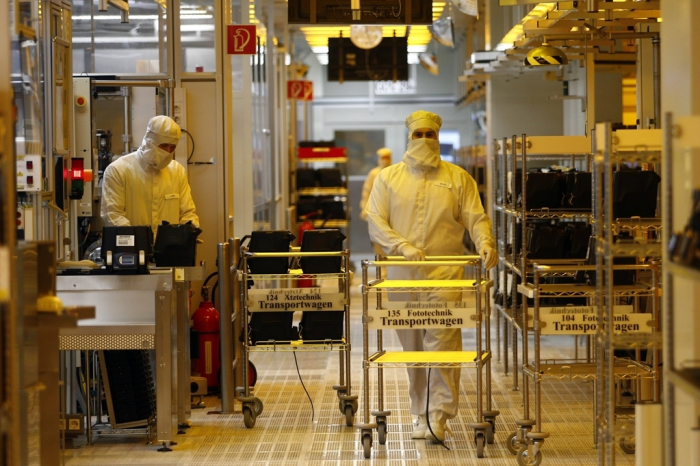
With its revenue of about 14.2 billion euros in the 2022 fiscal year ending Sept. 30, Infineon is at the core of the transformation of the automotive industry towards sustainable mobility.
“The future car will be clean, safe and smart and semiconductors are at the heart of this transformation. As a trusted partner, we are proud to advance our long-term partnership with Hyundai and Kia,” said Infineon’s Schiefer.
Hyundai and Kia said they will continue to expand their partnerships with other automotive chip industry leaders for a stable supply of chips and to strengthen their competitiveness in the future mobility sector.
Write to Sungsu Bae at baebae@hankyung.com
In-Soo Nam edited this article.
More To Read
-
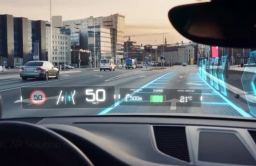 Korean chipmakersSamsung to supply new Exynos auto chip to Hyundai in close tie-up
Korean chipmakersSamsung to supply new Exynos auto chip to Hyundai in close tie-upJun 07, 2023 (Gmt+09:00)
-
Aug 03, 2022 (Gmt+09:00)
-
Jun 06, 2022 (Gmt+09:00)


